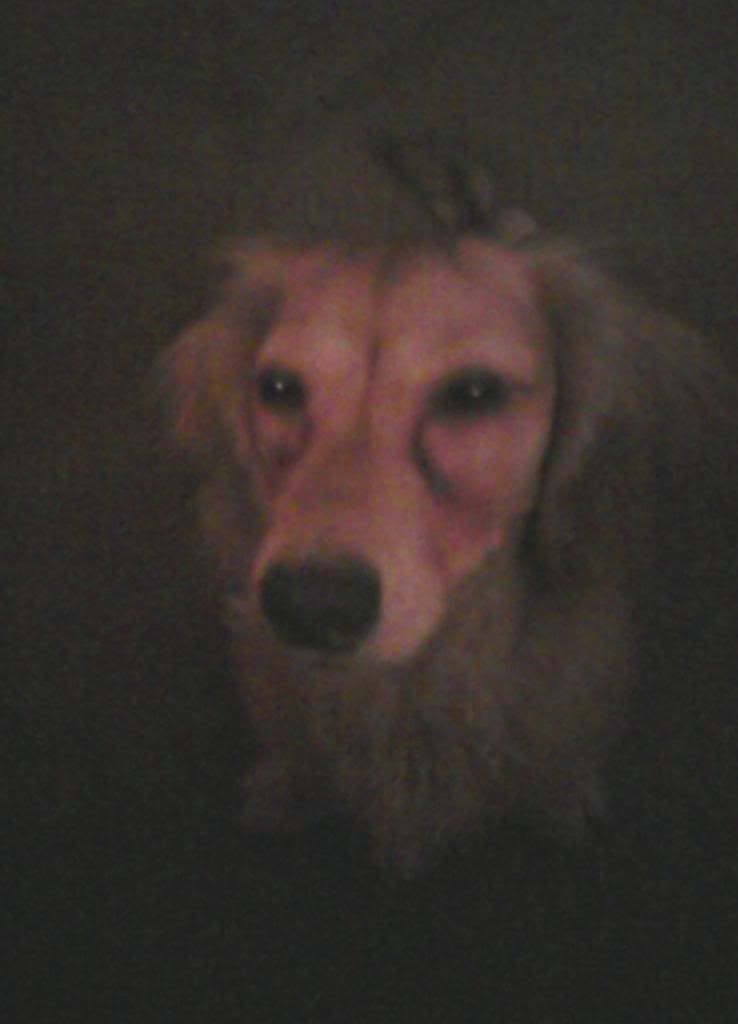“I can’t! I just can’t do it!”
For
the hundredth time that day, I was trying to get my mother off my back.
Homework had been due, and I hadn’t handed it in. Naturally, she
sniffed a rat.
It
would be easy to assume I was simply going through a lazy spell – one
of many – in my school years and I couldn’t be bothered with such
trivial pursuits as doing homework, but that wasn’t it. I’d spent some
time working on the answers to those maths problems, and even more time
worrying whether my answers were correct. I was going through a phase,
all right. It was the ‘I’d rather not answer at all, then run the risk
of getting it wrong and having the whole class laugh at me’ phase. Every
lesson felt like Judgement Day; every teacher like the guardian to the
Pearly Gates.
My
self-doubt didn’t stop there. To my dismay and utter annoyance, I
carried it through from childhood to adolescence and into my mature
years. I learned to hide it better, but I couldn’t shake it off and I
couldn’t grow out of it. Like an over-worn onesie that grew with me,
this invisible second skin was welded on, not likely to ever rub off.
Why
am I telling you this story? Because it is a lesson you need to learn
early on in this career. Writing is one of few professions where being
afraid of people’s opinions will not allow you to fully function.
When
I was writing my first book, I tried to keep it secret. It didn’t work.
My husband broadcast it happily to anyone who cared to listen. While he
was genuinely proud, I could see the judgement in the other person’s
eyes and each time, inside, I would shrink a little. Each time, the
doubt I saw in other people’s eyes landed another kick to my
already-shaky scaffold, the thin layer of confidence surrounding my
little work-in-progress.
I
kept away from human interaction as much as possible and hurried on,
not even sure I had it in me to finish that novel. I was a writer, and
write I did. Soon my book was finished, and the final step could no
longer be avoided. I couldn’t protect myself from public judgement
anymore, because to do so would have meant never being published. And if
there’s one thing I hate more than being judged, it’s wasted work. I
had a book; its purpose was to be read by others. That could not be
achieved from the warm comfort of my one-piece suit. It was time to be
brave, time to step out.
I
vividly remember the moment when I sent my first query letter to an
agent. I remember how I felt when the publisher asked for the entire
manuscript. I remember what it felt like to sign a contract. But you
know what I remember most? The day before release. The moment when my
book became no longer mine – it belonged to the readers.
Release
day jitters are supposed to die out after a while, but mine are still
there, five books on. Each time, I worry. What will my readers think
about the book? How will the new story be welcomed? Worst of all: what
will they think about me, its creator?
In
times like these it is important to remember that, just like we have
different tastes in fashion, colours or the vehicle we drive, readers
are entitled to have likes and dislikes, too. Some will like your book,
some not so much, and that is perfectly normal. It is impossible to
create a product which is universally adored, unless you’re in the
business of manufacturing breathing air (good luck with the patent on
that one).
As
for what others think about you as a person, you put so much of
yourself in your book, it’s hard not to identify yourself with it. But
that book is not you, and you are more than that book.
Try it! Write another one. The more you write, the more this fear wanes. Judgement Day it may be, but not for you.
~MiniBee Ella~















